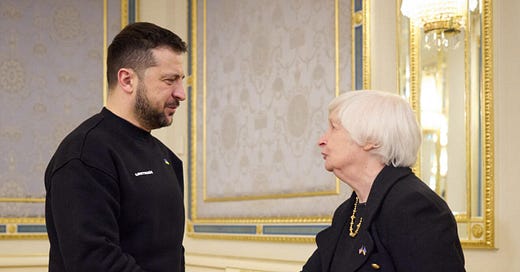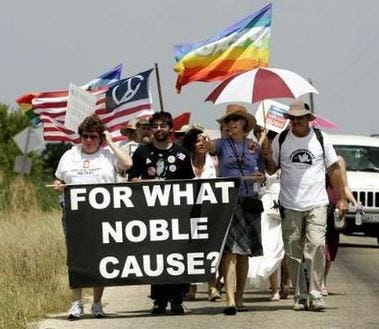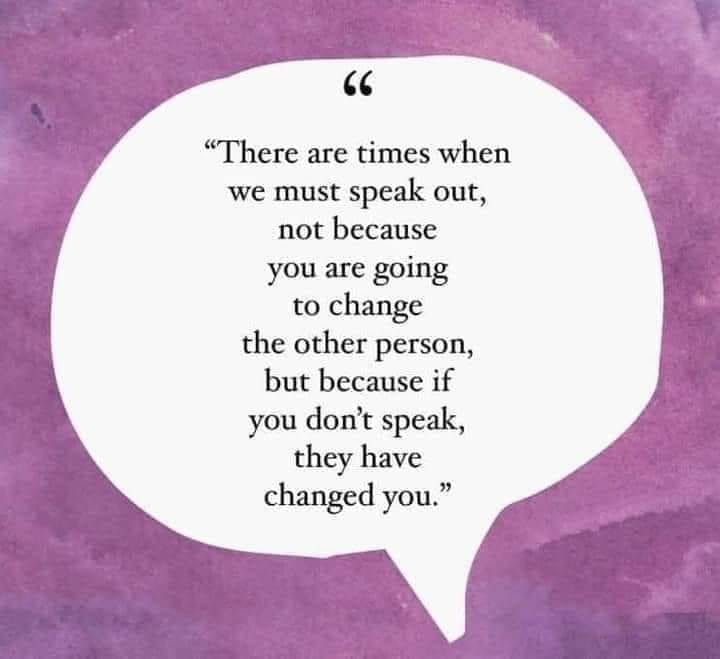BABY Z IS HAPPY HE IS FINALLY MEETING SOMEONE SHORTER THAN HIM
The Human Cost of War: Janet Yellen's 'Two Wars' Could Cost More than Just Money
As if 2023 hasn't been chaotic enough, US Secretary of the Treasury Janet Yellen recently made headlines with her statement that the US could afford "two wars" in Ukraine and Israel. Two wars. Because one wasn't enough.
The U.S. currently has approximately 750 bases/military installations in about 80 countries on Planet Earth: those are just the ones we know about. The number covert/secret bases are by nature, unknown. My point is, to minimize what the U.S. is doing around the world to “two wars” is highly reductionist.
While Yellen's comment was undoubtedly meant to reassure concerned parties (the War Machine, including bankers and “news”) it's a statement that should give us all pause. War is a terrifying prospect for countless reasons, not the least of which being the human cost. When we talk about war, we're not just talking about dollars and cents – war takes a toll on innocent people, the economy, and the environment. So, let's break down why Yellen's statement is problematic, and why we should all be pushing for peace instead.
First and foremost, let's talk about the human cost of war. It should go without saying, but war is incredibly damaging to people's lives. Innocent people are hurt, killed, and traumatized – and these people aren't just soldiers on the battlefield. Civilians are often the ones who suffer the worst consequences of war. In Israel and Palestine, for example, daily violence and conflict have taken a toll on everyone, but especially on innocent Palestinian people. We can't allow ourselves to think of war in abstract terms – we need to remember the real people who are affected. We cannot forget the mothers, fathers, and other family members who are left to pick up the pieces and heal their own wounds from the unnecessary deaths of their loved ones—whether combatant or “collateral damage.”
But the human cost of war isn't limited to physical violence. War also has long-term consequences for people's mental health and well-being. People who live in war-torn countries often struggle with anxiety, depression, and PTSD. Children in particular are at risk for long-term effects. The American Psychological Association notes that children who are exposed to war and violence are at risk for developmental delays, physical and mental health problems, and difficulty forming relationships in the future. So, when Yellen talks about "two wars," she's essentially saying that she's willing to risk the mental and physical health of millions of people – and that's simply not acceptable.
Of course, the human cost of war can't be measured solely in terms of people's well-being. War also has a significant economic impact, both in the short and the long term. In the US, we're already seeing the economic effects of Yellen's statement and Congress’s eagerness to fund their buddies in the War Machine. Gas prices have risen significantly in recent months, and a prolonged conflict could lead to even bigger price increases. In addition, rising fuel prices could lead to increases in food costs and electricity bills. For people who are already struggling financially, a war could push them over the edge. It's simply not worth the risk.
Finally, let's talk about the impact of war on the environment. War causes significant damage to natural resources, from water to soil to air quality. For example, the Second Gulf War (2003) between the US and Iraq was often referred to as one of the worst environmental disasters in history. Decades of war and conflict have led to a loss of biodiversity, deforestation, and the pollution of water sources around the world. Furthermore, climate change has already been identified as a leading cause of conflict. As world leaders work to combat climate change, we can't afford to be engaging in more wars.
There's no denying that Yellen's comments about "two wars" are deeply concerning. But what's even more concerning is that we're still talking about war at all.
War is not a sustainable or acceptable solution to any problem. Its impact on innocent people, the economy and the environment is too great. Instead of focusing on war, we need to focus on push for peaceful solutions and diplomacy between nations. Peace isn't always easy, but it's always worth fighting for. After all, as the old saying goes, "There is no way to peace; peace is the way."
For as little as 14 cents a day ($50 yearly), you can support the work of Cindy Sheehan’s Soapbox and SheeLilly!
Subscribed
Thanks for being a loyal reader of Cindy Sheehan’s Soapbox, we need your financial help if you are able.
We have different tiers of support: $5/month; $50/year, or $100 as a founding member.
Checks/money/orders/cash/etc can be snail-mailed to:
Cindy Sheehan’s Soapbox, LLC
PO BOX 6264, VACAVILLE, CA 95696







I've made this comment on your articles before, but it fits here, so I will make it again:
"War is a moral imperative for the morally impaired." - Ned B.
Yellen should have her ass parachuted naked –with nothing, along with our other blathering, bloviating neocons, into the middle of one of our latest war zones. The ones that have never served in war should be pushed out first.